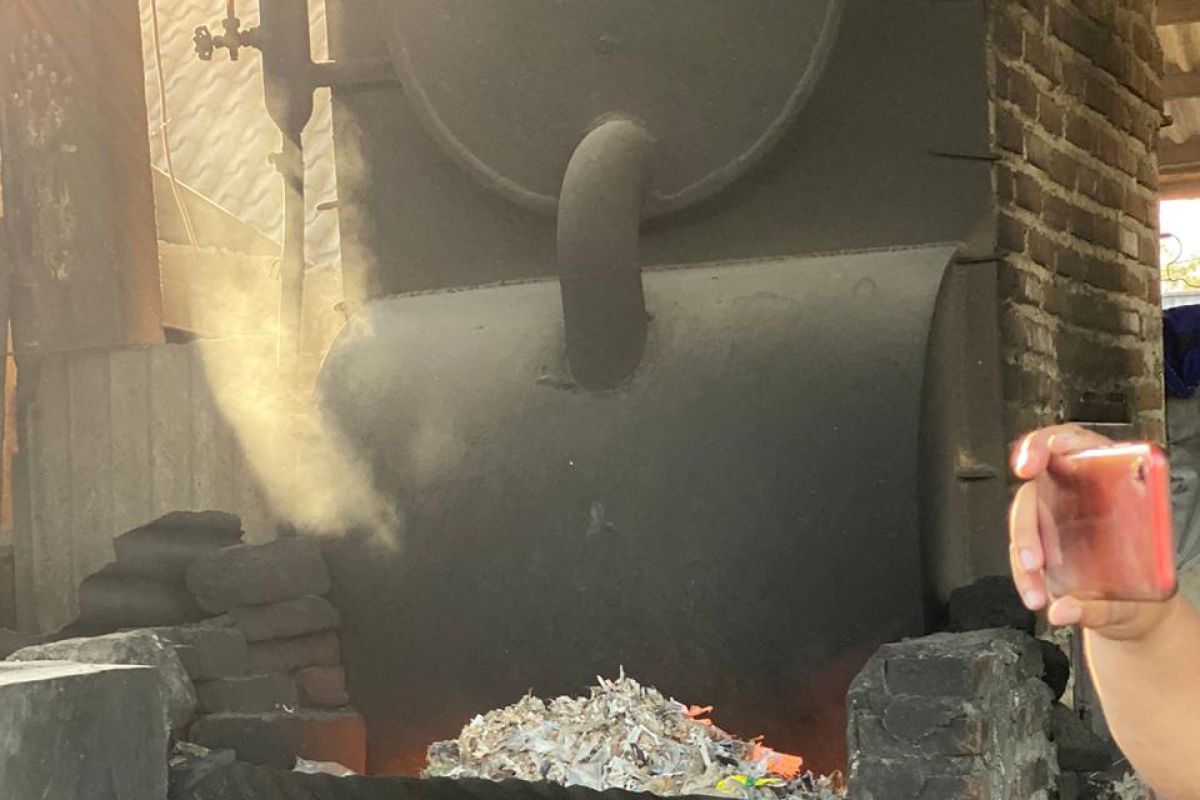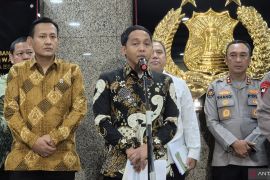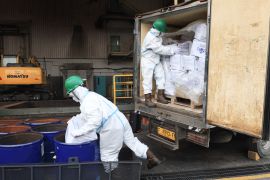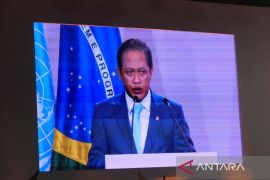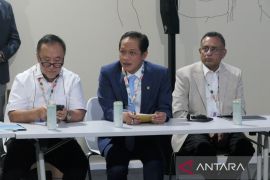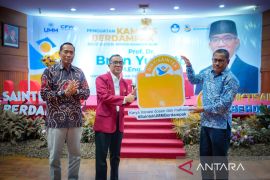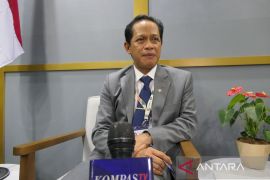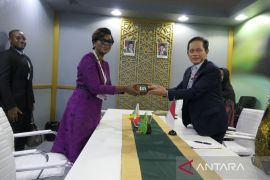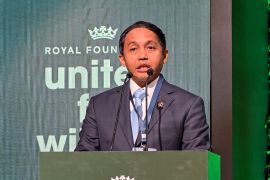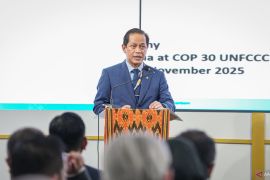Waste smuggling is not only against the law but it also threatens the future of the nation. The president has expressed serious concern over this issueJakarta (ANTARA) - Environment and Forestry Minister Siti Nurbaya Bakar has set up a special research team to delve deeper into the alleged contamination of dioxin in tofu and chicken eggs in East Java.
Bakar, in her brief message here on Monday, stated that the ministry has responded to the issue of alleged dioxin contamination in tofu and eggs as an impact of imported plastic waste combustion for fuel in tofu production.
"Waste smuggling is not only against the law but it also threatens the future of the nation. The president has expressed serious concern over this issue," the minister stated.
Bakar affirmed that the smuggling of plastic waste was practiced for years through the import of plastic and paper scrap for the industry. The practice has violated Law No. 18 of 2008 and Law No. 32 of 2009.
The government has adopted stern measures against illegal imports by re-exporting the material to its origin countries.
Of the total 2,194 containers of imported waste, the ministry has re-exported 883 containers to its origin countries. It has also continued to streamline the regulation and make its monitoring more stringent.
Last week, a team of experts from the ministry, Agency for Assessment and Application of Technology (BPPT), academicians, and Environment Office of Sidoarjo District, visited Bangun Village in Mojokerto and Tropodo Village in Sidoarjo to conduct research.
"I have appealed to the experts to conduct research in the two villages. This is especially to respond to the issue of dioxin contamination that has sparked public anxiety," Bakar noted.
Tofu producers in the villages have, since long, used plastic waste for fuel in production owing to it being lower priced as compared to other materials. Hence, the government will continue to edify people to not burn plastic for fuel and substitute it with other materials.
A new study that sampled chicken eggs around the sites identified alarming levels of dioxins and polychlorinated biphenyls long recognized as extremely injurious to human health.
In one village in East Java, the environmental group IPEN found toxic dioxins in chicken eggs 70 folds the level permitted by European safety standards. The eggs were also found to contain toxic flame-retardant chemicals, SCCPs, and PBDEs, used in plastics.
Long-term exposure to the chemicals is linked to cancer, damage to the immune system, and developmental issues. Related news: Incomplete combustion of plastic endangers environment: LIPI
Related news: Minister stresses public participation in war on plastic waste
Related news: Fishermen conduct ocean cleanup to facilitate healthy crab harvesting
EDITED BY INE
Translator: Hanni Sofia, Sri Haryati
Editor: Fardah Assegaf
Copyright © ANTARA 2019
